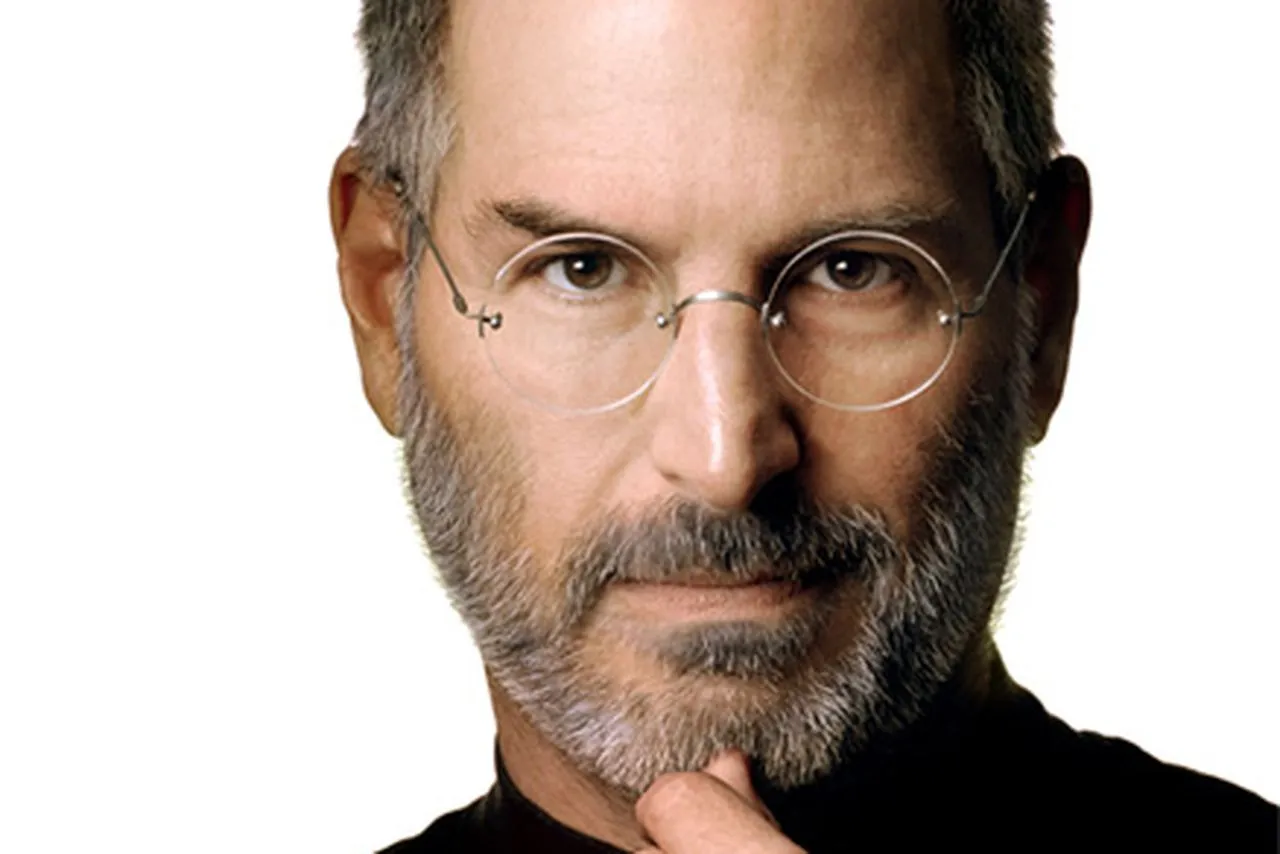
Steven Paul Jobs (February 24, 1955 – October 5, 2011) was an American entrepreneur, businessman, inventor, industrial designer, and media mogul best known as the co-founder, chairman, and CEO of Apple Inc. Alongside his close friend Steve Wozniak, Jobs designed, developed, and marketed one of the world's most successful lines of personal computers – the Apple II series – which led to the creation of Apple Computer Inc. in 1976. He subsequently served as CEO of Apple from 1978 to 1985 and again from 1997 to 2011.
Jobs' contributions go beyond computers. He also co-founded Next), a computer hardware and software company, and Pixar Animation Studios, which was later acquired by The Walt Disney Company. He served as CEO and controlling shareholder of Pixar until his death, and played a vital role in its subsequent resurgence and transformation into a leading animation studio.
Upbringing and Personal Life
Early Life and Adoption:
- Born in San Francisco in 1955, Jobs was given up for adoption shortly after birth by his biological parents, Joanne Schieble and Abdulfattah Jandali.
- He was raised by adoptive parents, Clara and Paul Jobs, in a working-class neighborhood in Silicon Valley.
- Despite a loving family, Jobs struggled with his identity and questioned his adoption throughout his life.
Education and Early Passions:
- Jobs was a bright but rebellious student, often clashing with authority figures. He dropped out of Reed College but continued to audit classes, exploring calligraphy and Eastern philosophy, which had a lasting impact on his design and aesthetic sensibilities.
- His early interest in electronics and tinkering eventually led him to connect with fellow tech aficionado Steve Wozniak, setting the atage for their future collaboration.
Relationships and Family:
- Jobs' personal life was marked by intense relationships and complexities. He had a long-term partner, Chrisann Brennan, with whom he had a daughter, Lisa, whom he initially denied paternity for.
- He later married Laurene Powell, with whom he had three children, but their relationship was known for its turbulence and challenges.
- Jobs also reconnected with his biological sister, Mona Simpson, later in life, forging a bond despite the years of separation.
Health and Death:
- Unfortunately, Jobs battled pancreatic cancer for several years before succumbing to the illness in 2011. His health struggles influenced his priorities and outlook on life, leading him to focus on meaningful experiences and leaving a lasting legacy.
Business Career
Steve Jobs' business career was a rollercoaster ride of meteoric rises, dramatic falls, and triumphant comebacks, leaving an indelible mark on the tech and entertainment industries. Here's a closer look:
Early Beginnings:
- In 1976, Jobs, along with Steve Wozniak and Ronald Wayne, co-founded Apple Computer Inc. from his parents' garage.
- The Apple II, designed by Wozniak and marketed by Jobs, became a phenomenal success, launching the personal computer revolution.
- Jobs' charisma and marketing acumen were crucial in building Apple's brand and pushing technological boundaries.
First Chapter at Apple (1978-1985):
- In 1978, Jobs became CEO of Apple, leading the development of groundbreaking products like the Lisa and Macintosh.
- However, his demanding personality and clashes with the board led to his ouster in 1985.
Venturing Out:
- After leaving Apple, Jobs founded NeXT, a computer company focused on higher education and business markets.
- He also acquired Pixar Animation Studios, which was struggling at the time.
Second Act at Apple (1997-2011):
- In 1997, Jobs returned to Apple as CEO, bringing his visionary leadership and design sensibilities back to the company.
- He oversaw the development of iconic products like the iMac, iPod, iPhone, and iPad, transforming Apple from a struggling computer company into a global giant.
- Under Jobs' guidance, Apple experienced a period of unprecedented innovation and financial success, becoming the world's most valuable company at one point based upon market capitalization.
Legacy
- Jobs' business career is recognized for its boldness, innovation, and focus on user experience.
- He revolutionized not only the tech industry but also how we consume music, communicate, and interact with technology.
- His work ethic, perfectionism, and ability to build passionate teams continue to inspire entrepreneurs and business leaders globally.
Here are some of the key facets of Steve Jobs' legacy:
- Visionary Leader: Jobs was known for his visionary leadership, perfectionism, and ability to inspire innovation. He pushed the boundaries of technology and design, shaping the consumer electronics industry with products like the iMac, iPod, iPhone, and iPad.
- Marketing Genius: Jobs was also a master marketer, known for his minimalist presentation style, iconic product launches, and focus on user experience. He created a distinct brand identity for Apple that resonated with a global audience.
- Controversial Figure: Despite his achievements, Jobs was also a complex and often controversial figure. He was known for his demanding personality, sometimes volatile relationships, and tendency to make bold, sometimes risky decisions.
Overall, Steve Jobs' impact on the world is undeniable. He revolutionized the technology industry, transformed entertainment through animation, and left behind a legacy of innovation and design that continues to inspire millions around the world.